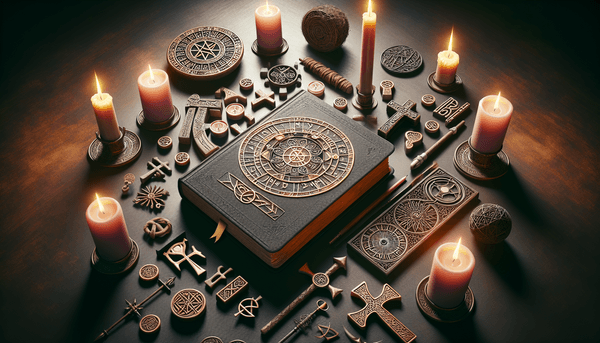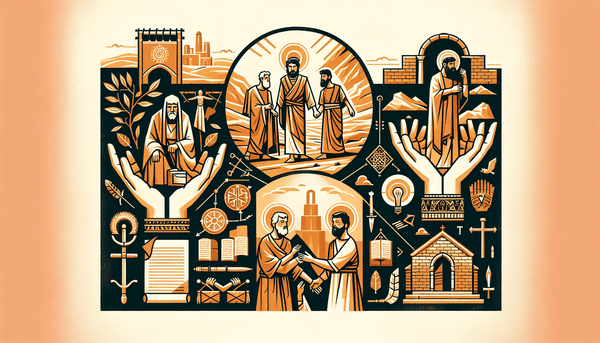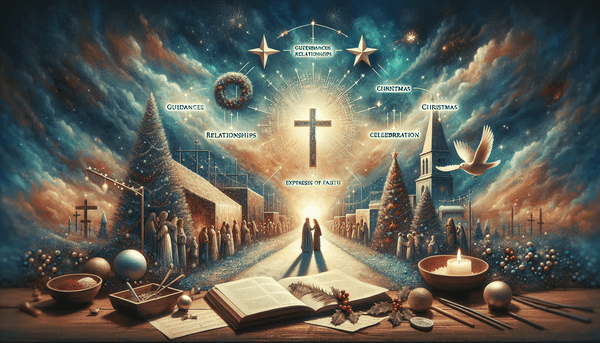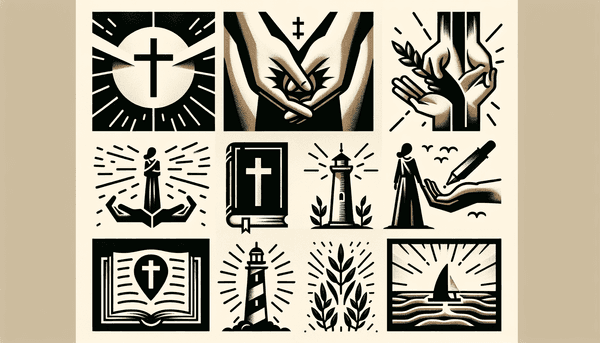Christianity and Voodoo
Christianity and voodoo are distinct in their beliefs and practices, with mainstream Christian denominations not recognizing voodoo as compatible with Christian teachings. Voodoo is a religion with a unique set of beliefs and rituals, often involving elements that are contrary to Christian scriptures, such as the prohibition of witchcraft as stated in Deuteronomy 18:10-12. As a result, Christians are generally discouraged from engaging in voodoo practices. It is crucial, however, to approach the subject with respect and understanding, recognizing the cultural significance of voodoo in certain communities while maintaining the doctrinal integrity of Christianity. The New Testament urges believers to 'Test everything; hold fast what is good' (1 Thessalonians 5:21-22), highlighting the importance of discernment in religious matters.
Conclusion
The tapestry of Christian observances is rich and complex, woven with threads of ancient tradition and deep theological significance. As we have explored, the coinciding of Christian holidays with pagan festivals does not diminish their importance to the faithful but rather showcases the transformative power of Christianity to infuse older customs with new, sacred meaning. The discussions around Jesus' gender identity and the intersection with other belief systems like voodoo reaffirm the need for empathy and respect in matters of faith. Ultimately, it is through understanding and embracing the true essence of these observances that we can appreciate the full breadth of the Christian experience and its enduring relevance in our lives today.






